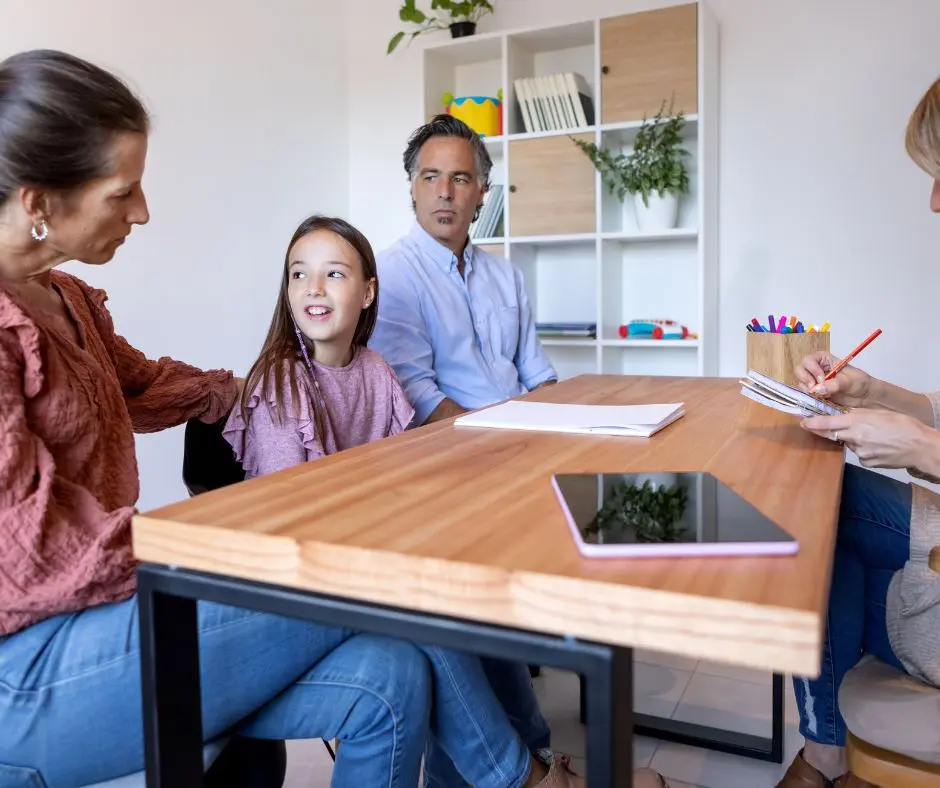When a family is going through separation or divorce, it can be emotionally devastating for everyone involved. Children often feel helpless as they watch their parents’ relationship fall apart. Parents can be hard on each other as they feel torn between protecting their kids and getting out of an unworkable marriage. For some families, seeing a therapist after divorce or during separation can foster healing and create a healthier dynamic. Knowing what you can expect in family therapy can be helpful in deciding if this tool is right for you.
The Right Time
For separated, divorced, or divorced parents, what to expect during family therapy will depend on each person’s attitude and willingness to engage with the process. When both parents agree that seeing someone is appropriate and are willing to actively and openly participate, family therapy can be extremely useful. When there is reluctance, the process can be harder and may not be as beneficial. If possible, it would be best if you and your ex could start with an open mind and work as cooperatively as possible to be part of the solution.

Selecting the Therapist
It’s essential that each member of the family feels that the therapist is on the family’s side rather than that of any one individual. If one person thinks that the other is being favored, it can derail the entire process. Ideally, both parents should be involved in choosing the therapist and agree on who the family will see.
Meeting with the Therapist
There is no formal process for family therapy, but it is common for a therapist to start by meeting with the family to explain his or her methods and find out everyone’s perspective on the issues. Some therapists ask that each person complete a questionnaire beforehand so the individual can explain things in their own words before beginning.
Depending on your children’s circumstances, ages, and maturity, the therapist may want to meet with you and your ex first before meeting with the kids. Once the family meets, the therapist will typically ask questions and observe your interactions and dynamics with one another. You may each be asked to identify your goals for your time together. He or she may also send home assignments for each person to complete before returning for the next session.
Depending on the therapist’s style, you may also have individual meetings. The course of your sessions will be shaped by your chosen therapist’s treatment methods as well as the family’s progress and any continuing issues.
When everyone is engaged and willing to put in the effort required, family therapy can be a powerful process that can improve family communication and problem-solving.










